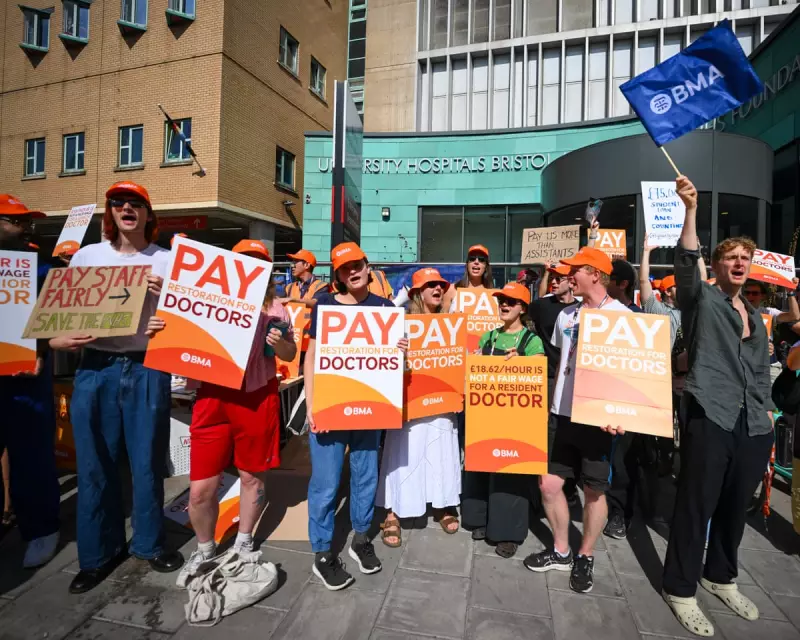
The ongoing strike by junior doctors in England has reignited the debate over fair pay in the National Health Service. With the British Medical Association (BMA) leading the charge, thousands of doctors have walked out demanding what they call "pay restoration" - a return to 2008 salary levels when adjusted for inflation.
The Heart of the Dispute
At the core of the conflict lies a simple but powerful argument: junior doctors' pay has effectively been cut by over 26% since 2008 due to inflation. The BMA maintains that restoring this lost income isn't just about fairness to staff, but about safeguarding the future of the NHS itself.
Impact on Patient Care
Experts warn that without competitive salaries:
- The NHS risks losing talented doctors to other countries
- Burnout rates among existing staff continue to rise
- Patient waiting times could increase further
Government Response
While the Department of Health acknowledges staffing challenges, ministers have called the BMA's demands "unaffordable." This standoff has left patients caught in the middle, with thousands of appointments being rescheduled during strike periods.
The Human Cost
Behind the statistics are real stories of doctors working multiple jobs to make ends meet and patients facing growing uncertainty about their care. As the dispute continues, many wonder what it will take to break the deadlock and secure the NHS's future.





